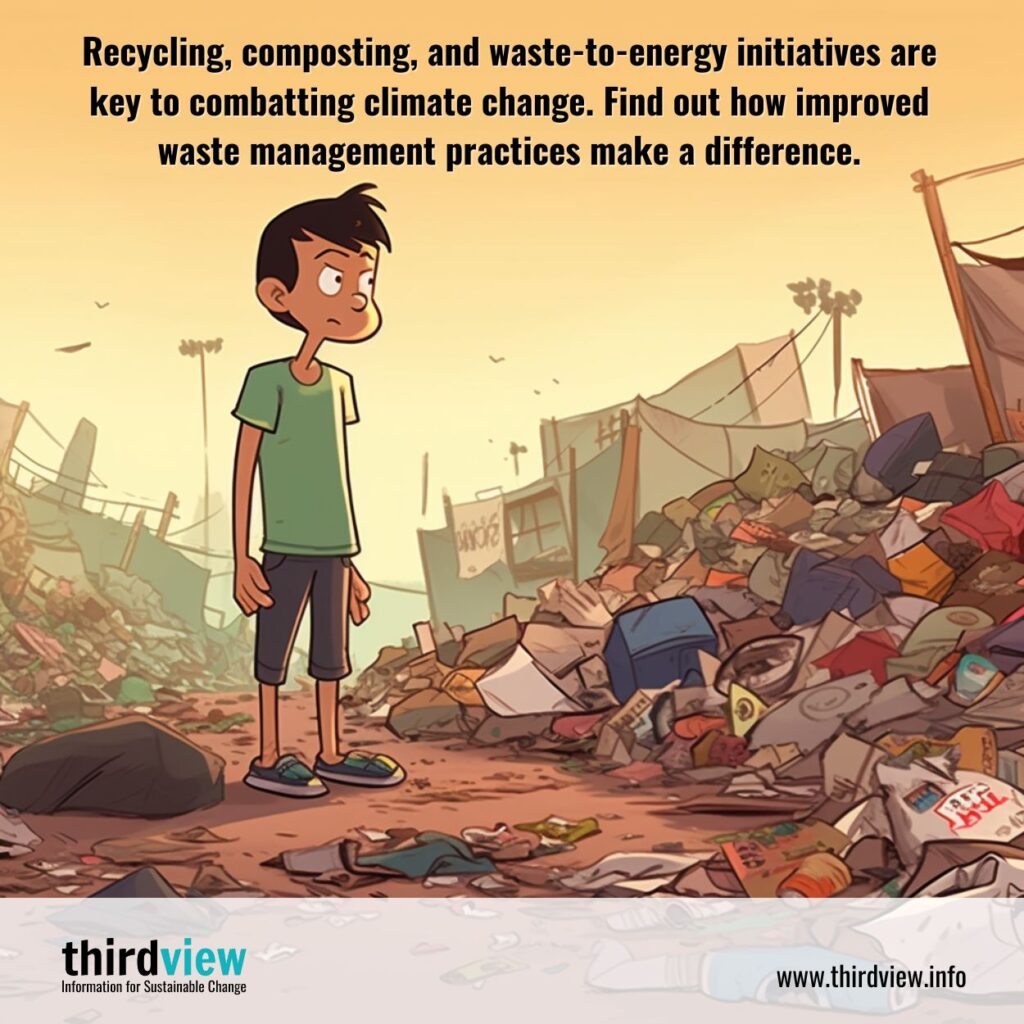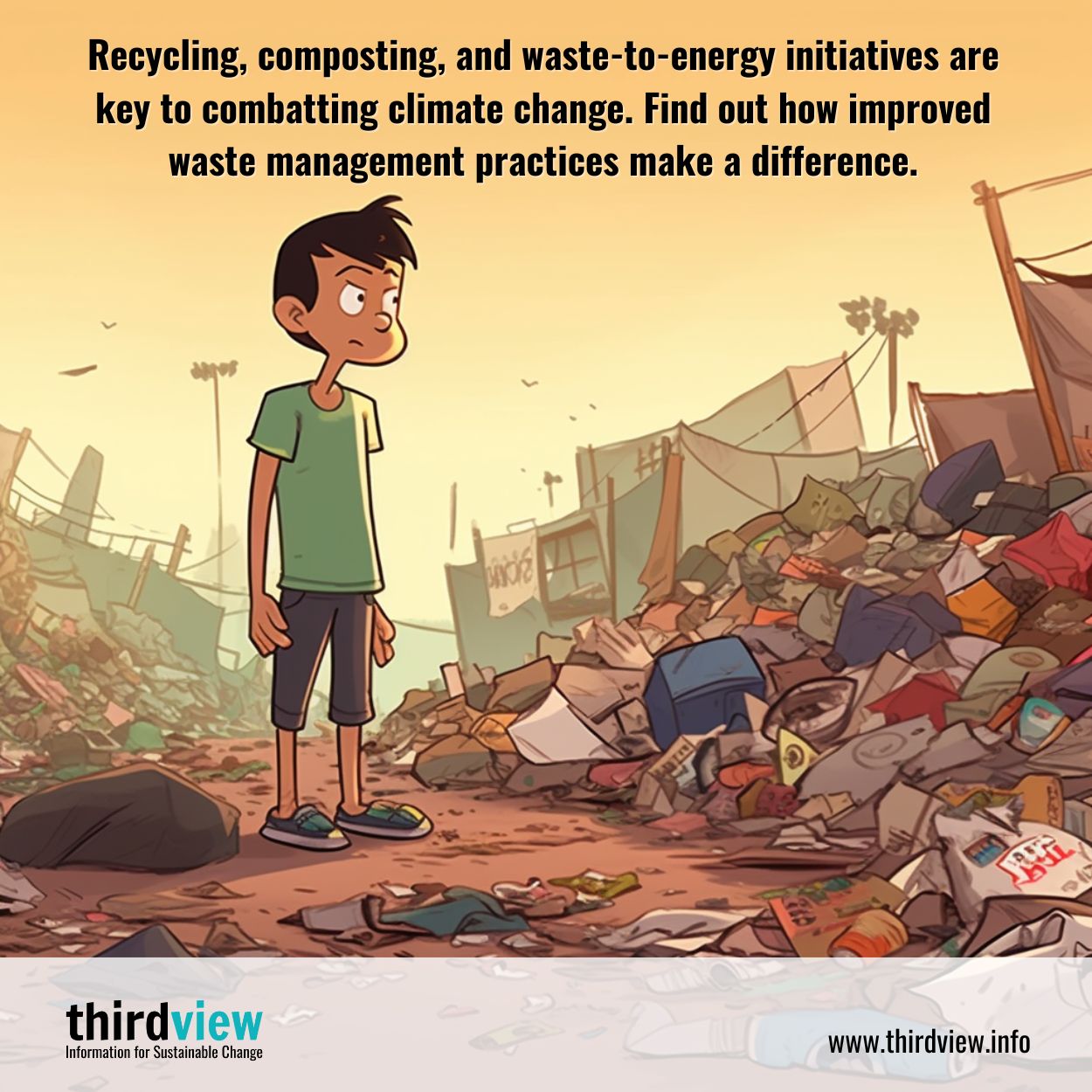The environment has over the years suffered from various factors that are beyond human control. However, certain activities of human beings have contributed to the worsening of these problems. The issue of waste management has constituted one of these activities. For years, waste management has not been taken seriously, and as such, it has been a significant contributor to climate change. Recently, there has been some improvement in waste management practices, and the impact of these changes on climate change cannot be overstated. In this article, we will be discussing the impact of improved waste management on climate change.
One of the most significant impacts of improved waste management on climate change is the reduction in greenhouse gas emissions. Landfills are notorious for emitting methane gas, a potent greenhouse gas that contributes to global warming. Improved waste management practices such as recycling, composting and waste-to-energy initiatives help reduce the amount of waste that ends up in landfills, and thus drastically reduce the amount of methane released into the atmosphere.
Another impact of improved waste management on the climate is the conservation of the planet’s natural resources. When waste is adequately managed, and recycling is encouraged, the need for the production of new materials reduces. This means that the extraction of raw materials such as timber, minerals, and oil is reduced, and this ultimately translates to reduced greenhouse gas emissions, as well as other positive environmental impacts.
Improved waste management has also served as a catalyst for creating green jobs. Recycling programs require individuals to collect, sort, and process waste materials. The creation of green jobs in the waste management sector has contributed to the socio-economic development of various societies while providing a positive impact on climate change.
In addition to the environmental impact, there are also significant economic benefits that come with improved waste management practices. The implementation of waste-to-energy initiatives such as incineration and biogas technology has reduced the burden on fossil fuels in generating energy. By recovering energy from waste, communities can reduce their dependence on fossil fuels and, in turn, save costs.
Improved waste management practices have brought about a significant impact on climate change. The reduction in greenhouse gas emissions, conservation of natural resources, creation of green jobs, and economic benefits are just a few of the positive impacts of these practices. As individuals and communities, it is essential that we make conscious efforts to encourage and promote improved waste management practices, such as recycling, composting, and waste-to-energy initiatives. The benefits are innumerable, and it is time to take action.


